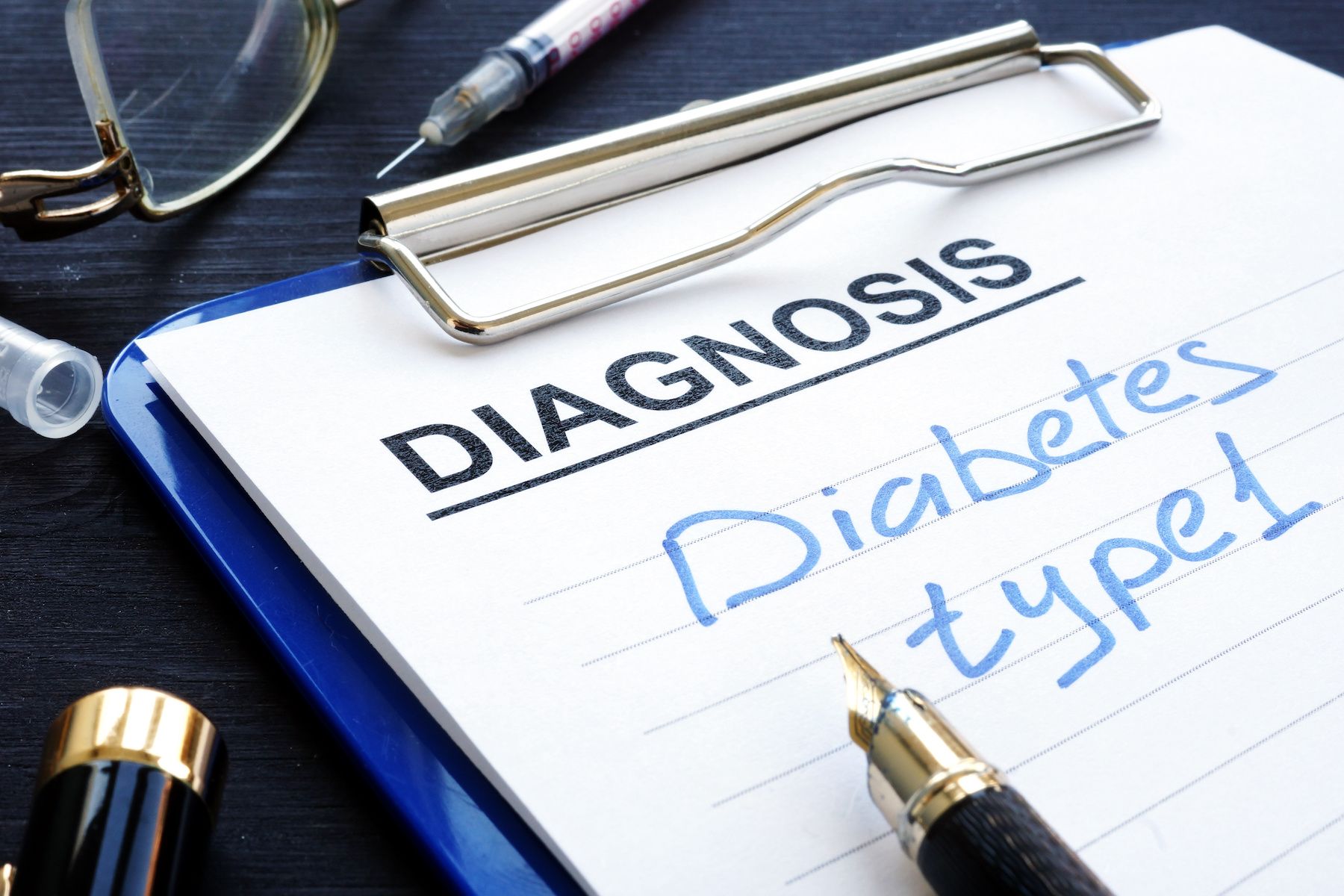In a cross-sectional study evaluating sleep quality and the diets of patients with type 1 diabetes (T1D), researchers found a significant correlation between high intakes of fatty foods and bad sleep quality.1
“Sleep disorders are bidirectionally linked with eating behaviors and glucose metabolism, which could be clinically relevant in type 1 diabetes,” wrote the authors of the study. “We investigated the relationship between dietary habits and sleep quality in individuals with T1D on insulin pumps and continuous glucose monitoring (CGM).”
Researchers focused solely on patients using insulin pumps and CGM, excluding patients who perform multiple daily insulin injections, to yield a more homogeneous cohort.
Ky Takeaways
- Researchers found a significant correlation between high intakes of fatty foods and bad sleep quality in patients with T1D.
- Researchers mentioned that "“overloading of digestive processes might cause gastrointestinal discomfort possibly disrupting the quality of sleep.”
Study participants (59 men and 58 women; 19 to 79 years old) were asked to self-report their dietary and sleeping habits using 3 separate questionnaires: the Pittsburgh Sleep Quality Index (PSQI), a 7-day food diary, and a 12-month record of specific food and beverage intake.
Based on PSQI results, participants were separated into groups for good or bad sleep quality, long or short sleep duration, and long or short sleep onset latency, defined as how long it takes an individual to fall asleep.
Participants were also split into more generalized groups, “good” or “bad” sleepers, that totally encompassed the cohort’s sleep qualities. Researchers identified 36 good and 81 bad sleepers among 117 participants.1
These groups were then analyzed in comparison with dinner dietary composition and daily dietary composition.
READ MORE: Chronic Insufficient Sleep Associated With Increased Insulin in Women
Association of Sleep Quality and Dietary Intake for T1D Patients
Patients categorized as bad sleepers had significantly higher intakes of saturated and polyunsaturated fatty acids, high-energy meals, alcohol, coffee, and tea. Furthermore, individuals who had a high BMI, were smokers, or had no children were associated with a shorter sleep duration.1
“Our data confirm the relevant prevalence of sleep-related issues in patients with T1D. The higher prevalence of poor sleep quality in T1D than in the general population has been previously reported in both children and adults and has been associated with specific diabetes related factors such as fear of hypoglycemia, hyper or hypoglycemia, and sensor/pump alarms,” said the authors.1
Even though patients with T1D inherently have a more difficult time falling and staying asleep than the public2, researchers highlighted that a fatty diet further exacerbates poor sleep. They also highlighted the participants’ Westernized dietary habits and how high fiber intakes can improve sleep quality compared with high fatty diets.
“The participants in our study showed a Westernized dietary pattern, with an excess of total and saturated fat and inadequate fiber intake,” continued the authors.1 “The difficulties in managing insulin doses with carbohydrate-rich foods can lead to preferring fat to carbohydrates.”
Analyzing patients’ dietary composition at dinner and throughout a normal day, researchers found that bad sleepers had a higher percentage of polyunsaturated fatty acids, as well as a higher overall fat intake compared with good sleepers.
Assessing the Dietary and Sleeping Habits of T1D Patients
“Sleep dysfunction can negatively affect physical health, cognitive functioning, mood, and health-related quality of life. Poor sleep quality can also negatively impact blood glucose control by worsening diabetes self-management ability and impairing insulin sensitivity,” wrote the authors.1
With sleep being the focus of this study, researchers successfully identified fatty food intake as the main factor of sleep loss in patients with T1D. However, they were sure to note how preexisting T1D risk factors could create uncertainties in their results.
“In [previous] studies, the association between sleep disruption and fat intake was blunted by the presence of obesity and cardiovascular risk factors, raising uncertainties about the cause-effect relationships between sleep duration, fat intake, and obesity risk,” continued the authors.1 “Indeed, it is still not clear whether sleep shortening is the determinant of craving for high-dense energy and tasty foods and consequent increase in obesity risk, or, on the contrary, high fat intake is the determinant of body weight gain and related sleep disorders.”
Finally, analyzing dietary practices not exclusive to patients with T1D, researchers also identified common dinner and nighttime eating habits. They mentioned that “overloading of digestive processes might cause gastrointestinal discomfort possibly disrupting the quality of sleep” and how the common pairing of alcoholic and carbonated beverages with high-fatty dinners can lead to sleep disruption.1
“Randomized trials are indicated to clarify the cause-effect relationship between dietary habits and sleep quality in patients with type 1 diabetes. This would help to plan customized educational strategies to curtail the cardiovascular risk linked to unhealthy lifestyles,” concluded the authors.
READ MORE: Study Determines Association Between Mortality Rates and Sleep Duration in Adults with Type 2 Diabetes
References
1. Corrado A, Scida G, Vitale M, Caprio B, Costabile G, Annuzzi E, Della Pepa G, Lupoli R, Bozzetto L. Eating habits and sleep quality in individuals with type 1 diabetes on continuous glucose monitoring and insulin pump. Nutrition, Metabolism and Cardiovascular Diseases. doi.org/10.1016/j.numecd.2024.03.006.
2. Farabi SS. Type 1 Diabetes and Sleep. Diabetes Spectr. 2016;29(1):10-13. doi:10.2337/diaspect.29.1.10
